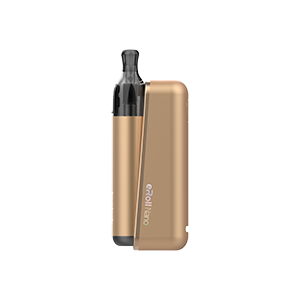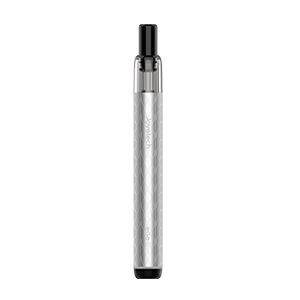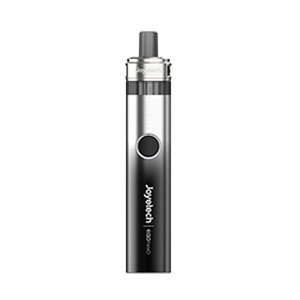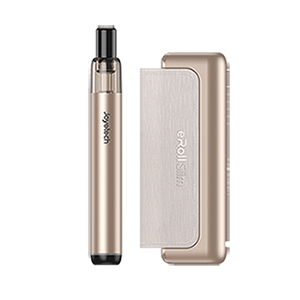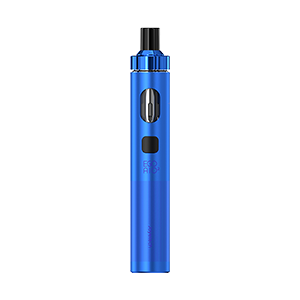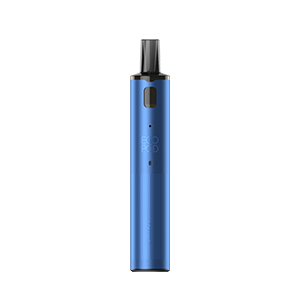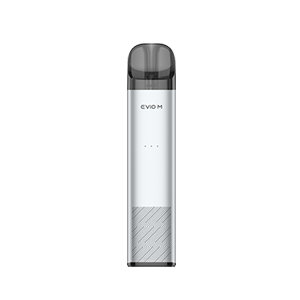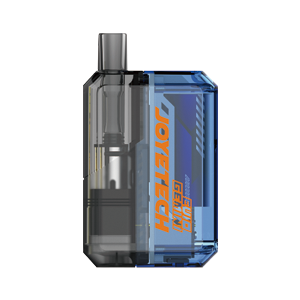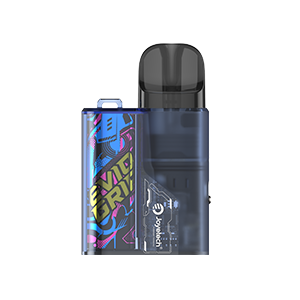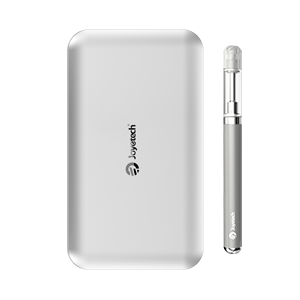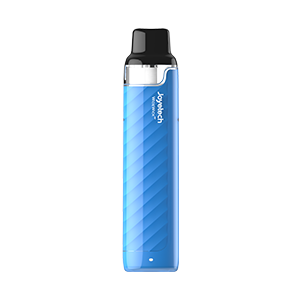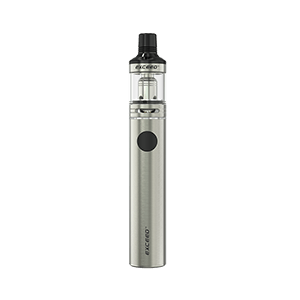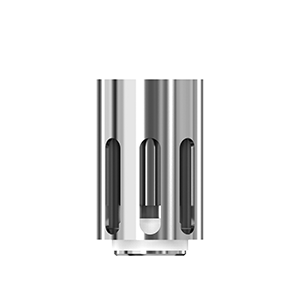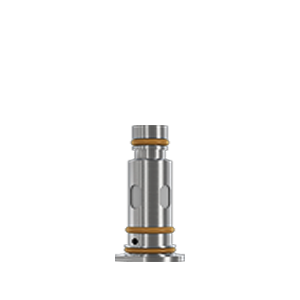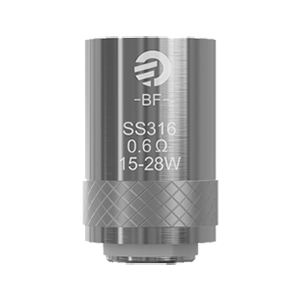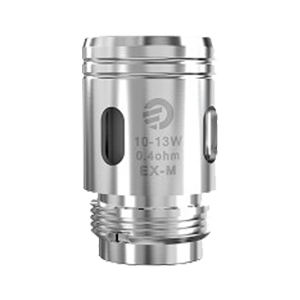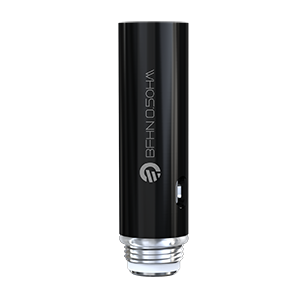Health campaigners have called for detailed research to be carried out into the health implications of electronic cigarettes, whose popularity has been boosted by the introduction of the smoking ban last year.
The artificial cigarettes, which use cartridges to deliver a nicotine hit which is inhaled in a mist, can be smoked indoors. Some retailers are selling almost 2,000 of the £40 kits every month.
But health groups say that electronic cigarettes have yet to undergo the rigorous testing to which other nicotine products are subjected. Deborah Arnott, director of Action on Smoking and Health (Ash), said: "At the moment we don't know enough about this product. The electronic cigarettes fall into a regulatory gap and they haven't been chemically tested."
The World Health Organisation (WHO) also expressed concern about the products. "If the marketers of the electronic cigarette want to help smokers quit, then they need to conduct clinical studies and toxicity analyses and operate within the proper regulatory framework," said Douglas Bettcher, director of WHO's Tobacco Free Initiative.
Jason Cropper, managing director of the Electronic Cigarette Company, said: "It's a healthier way of smoking. You don't get any of the stuff that's in regular tobacco.
"It's better if people aren't using nicotine in any form, but they're an alternative to using a tobacco-based product and my opinion is they're massively less harmful. I bet my life they're a hundred times healthier than using a tobacco-based cigarette."
Cropper said that testing had been done on his electronic cigarettes, adding: "Apart from the nicotine, the samples tested appear to be free from other harmful toxins." He added: "I believe this product is a lifesaver. Ultimately it will become the nicotine replacement therapy of choice."




